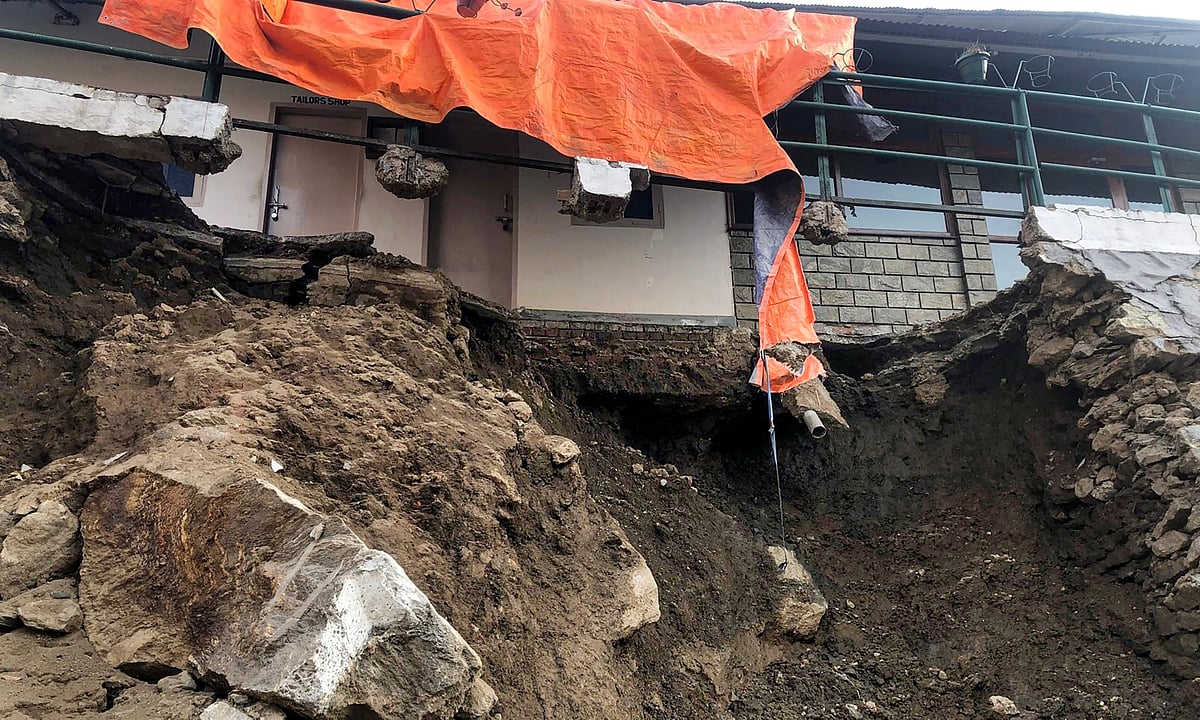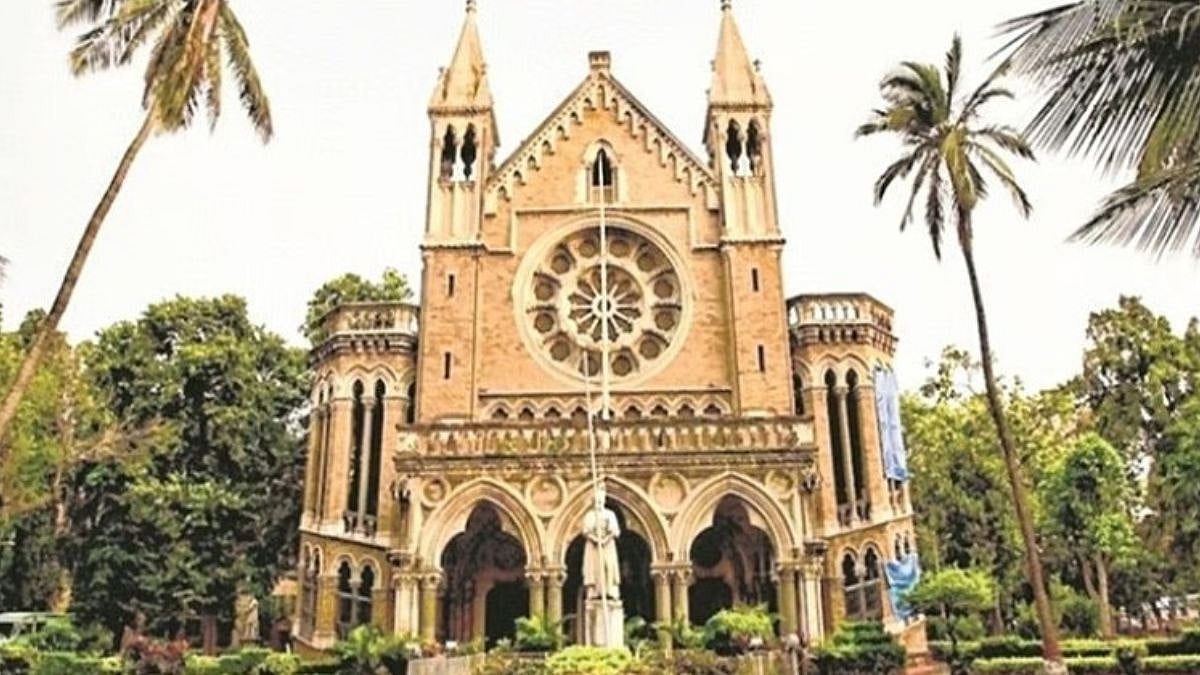Land subsidence in Uttrakhand's Joshimath has brought up the debate on development and environment in news again. The land subsidence being faced by the people in Joshimath has raised fears of the town sinking under its own weight.
Where is Joshimath?
Joshimath is the gateway to famous pilgrimage sites like Badrinath and Hemkund Sahib and international skiing destination Auli.
The town of Joshimath also called Jyotirmath, is the winter seat of Lord Badrinath, whose idol is brought down from the main Badrinath temple to the Vasudeva temple in Joshimath every winter. The holy town of Joshimath is revered by the Hindus as an important pilgrimage centre of the country.
What is happening in Joshimath?
Following the appearance of cracks in the houses, a total of 66 families are reported to have migrated from Joshimath as of now.
According to the District Disaster Management Department, cracks have reportedly developed in as many as 561 houses in Joshimath as a result of continued land subsidence in the town.
The affected people, their families, and children are currently living in night shelters, officials said.
The state government has dispatched a team of experts to the area to assess the situation.
What is the exact reason behind the subsidence?
Incidents of land subsidence in Joshimath were reported in the 1970s too. A panel set up under the chairmanship of Garhwal Commissioner Mahesh Chandra Mishra had submitted a report in 1978, saying major construction works should not be carried out in the city and the Niti and Mana valleys as these areas are situated on moraines -- a mass of rocks, sediment, and soil transported and deposited by a glacier.
This time, while few have blamed the topography and climate change for the subsidence, others are blaming infrastructure development without a plan for the same. Here are few reasons given by experts and locals for the land subsidence in the Himalayan town.
National Thermal Power Corporation's Tapovan Vishnugad Hydro Power Project
Land subsidence in Joshimath is primarily due to the National Thermal Power Corporation's Tapovan Vishnugad Hydro Power Project and is a very grave reminder that people are messing up with the environment to an extent that is irreversible
Infrastructure development without a plan
Rampant infrastructure development without a plan is making the fragile Himalayan ecosystem even more vulnerable to the effects of climate change which acts as a force-multiplier
Fragile ecosystem and seismic zone
The Himalayas is a very fragile ecosystem. Most parts of the Uttarakhand are either located in seismic zone V or IV which are prone to earthquakes
Deforestation
According to the book 'Central Himalaya' by Heim, Arnold & August Gansser, Joshimath is situated on the debris of a landslide
Few houses had reported cracks in 1971, following which a report had suggested some measures -- conservation of the existing trees and plantation of more trees and that boulders on which the town is located should not be touched. However, these measures were never followed
Anthropogenic activities
The ongoing crisis in Joshimath is primarily because of anthropogenic activities. The population has increased manifold and so has the tourist landfall
The infrastructure development has been going on unchecked. The construction of the tunnels for hydropower projects is being done through blasting, creating local earthquake tremors, shaking debris above the rocks, leading to the cracks
The town does not have a proper drainage system. Besides gradual weathering of fine material between the rocks of debris, water percolation has decreased the cohesive strength of the rocks over the time.
(With inputs from agencies)






